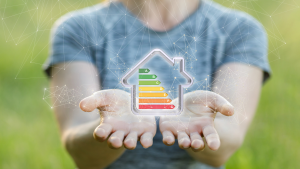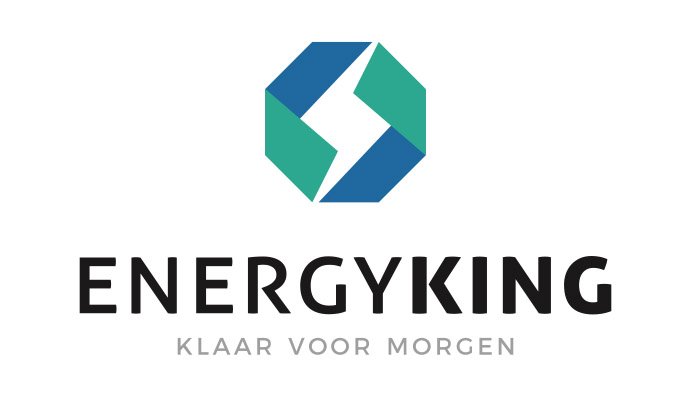Are you planning to build or renovate in 2023? Then be sure to take into account the stricter standards for the mandatory share of renewable energy. This share has been increased since Jan. 1, 2023 for building applications. Below you can see exactly what this means.
If you are going to build or renovate, it is best to think carefully beforehand about which renewable energy sources you want to incorporate into your home. This is because the government requires every home to be energy efficient by 2050. This can only be done by taking into account the stricter standards. Starting in 2023, the minimum amount of energy we have to get from renewable energy sources increases dramatically. Currently that minimum is only 15 kWh/m², but that proportion is going to rise to 25kWh/m² for new construction and 20kWh/m² for major energy renovations. But ... how do you actually future-proof your home? Read more about it below!
No more natural gas, time for sun!
The first option is to make your home heating completely renewable. So you're going to have to move away from natural gas anyway. The best way to do this is to switch to a combination of green energy sources. For this, of course, we immediately think of solar panels or a heat pump. For heating water for your bath and shower, you will have to rely on a renewable source, such as a heat pump.
So how does that work? The water is stored in a buffer tank, and in this way it stays warm for 24 or even 48 hours, especially in spring and summer. This way, you can avoid having to have the boiler on standby all year to keep the water warm. By the way, you can also have a hot water heater that currently runs on gas converted to run on electricity. This way you can then connect it to the solar panels to generate your own energy.
Heating from 2025
Starting in 2025, it goes one step further. A gas connection will no longer be allowed in new construction. Therefore, for heating you should look at a heat pump or direct electric heating. The share of renewable energy in this part of your home can be even higher if you fall back on your own energy production through solar panels, for example.
What about renovations?
If you have bought a home with E-level E or F, from January 2023 you are obliged to renovate it in an energy-friendly way within 5 years. This must be to at least a label D. In this way, the government wants to ensure that every home will be energy neutral by 2050. In other words, it will therefore be necessary to look for energy efficient solutions to make your home energy neutral when you build and renovate in 2023. This can be done through solar panels, heat pump boilers and even air conditioning. And all of these techniques can then also be linked and thus work together.





